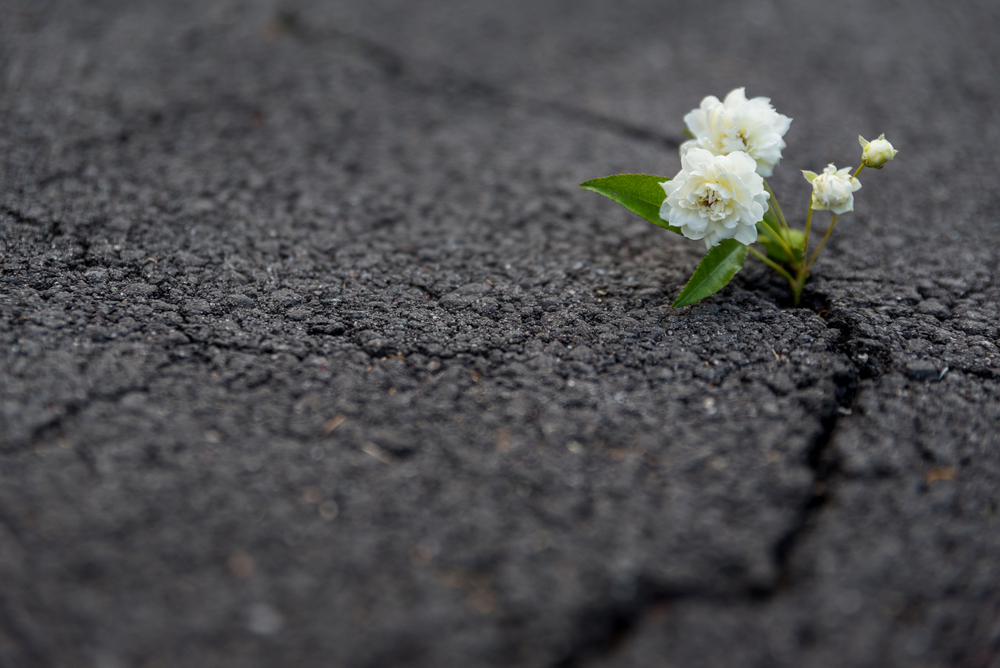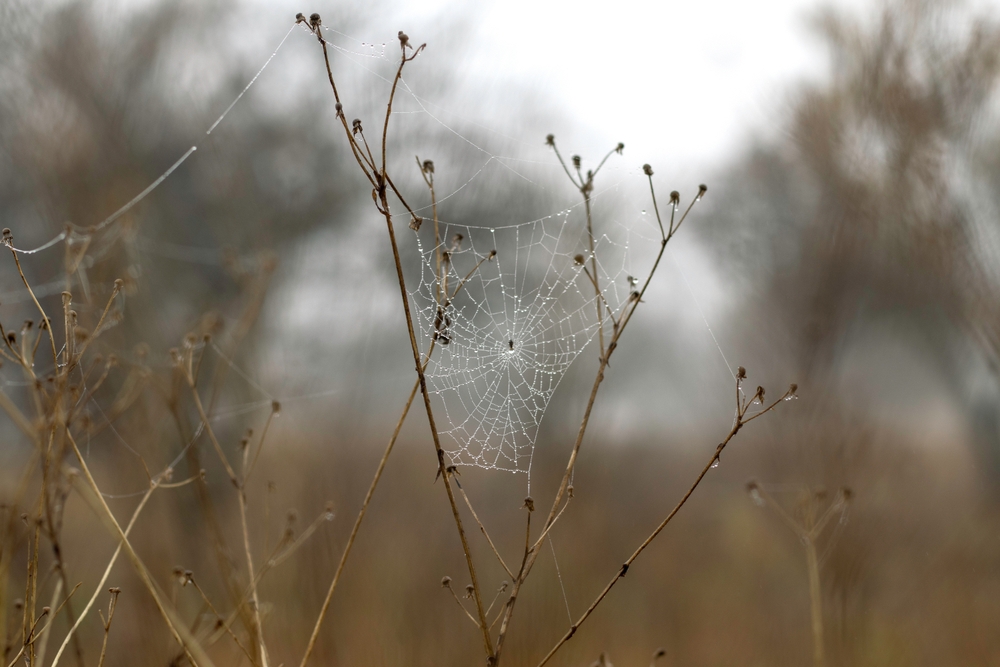How to Build a Resilient Economy
Joel Salatin|August 10, 2021

Editor’s Note: As COVID-19 shut down much of our country last year… the idea of resilience became a major theme. It was the reason certain businesses survived while others failed. Today, Manward contributor Joel Salatin digs into just what makes an economy resilient and why we need to embrace inefficiency to thrive as a society.
The Economist had a fascinating piece recently about the difference between resiliency and efficiency.
Included was a chart showing the use of these two words in U.K. parliamentary debates from 2010 to the present. The words “efficiency” and “efficient” were used 230 times early on. But that number dropped to 99 by the end of the decade. In contrast, use of the words “resilience” or “resilient” started at about 25 and rose to 130.
The whole point of the article was to show the cultural change that’s been creeping over the U.K. as people there cope with increasing national security threats from abroad and COVID-19 fallout and uncertainty about Brexit from within.
Perhaps this sentence sums it all up: “A more resilient state will be expensive, at a time when money will be tight.”
Of course, the whole tenor of the situation is government-oriented rather than private sector- or entrepreneurialism-oriented.
One example of that orientation is that the U.K.’s Department of Education had no plans for home schooling when the pandemic hit.
Of course, my liberty-minded observation is that the plan could have been to do nothing and let folks home-school their children.
But this is cited as a problem because Britain wants to regulate home schooling. If thousands of parents suddenly opt to home-school their children and the government thinks home schooling needs oversight… that’s a problem.
Resilience is a good thing. But there’s a cost to it if the government is involved either in controlling the discussion around it or in protecting existing efficiencies.
How Resilience Thrives
Efficiency requires manipulation of the natural tendency. When folks accuse me of hating the planet because I raise cows, they assume that growing squash and corn lend to superior land management. Of course herbivores are inefficient. But through their pruning, pooping and patterning, they build soil. They leave half of what they eat behind.
If everything were as efficient as squash and corn, we wouldn’t have any soil left on the planet. The deepest and most fertile soils are under perennial prairies. Not forests. Not bushes. Not annual crops. Herbivores’ inefficiency produces soil and water resilience. It’s not always precise. It might even seem sloppy and ragged. But the results are the world’s deepest and most fertile soils.
In a world where folks worship authoritarian efficiencies, perhaps the most important message those of us on freedom’s edge can bring to society is the notion that resiliency thrives with less control and precision and more spontaneity and ragged edges.
A Sign of Wisdom
Imagine how efficient it would be if we all ate the same thing every day. Yet we all know that would create sickness, both in us and in the ecosystem.
If the dairy industry had its way, it would create one monster cow somewhere around Kansas City with a pipeline from each of its teats extending north, south, east and west. Its mouth would be next to train tracks that would bring forage and concentrates, which it would be capable of eating a train car’s worth at a time.
Compare that with scattered dairy herds around the country, managed by farmers who have different ideas, are located in regions with different climates and even use different breeds.
How inefficient. But it’s more resilient.
Saying that resilience will cost a lot of money, as the quote I cited above does, is like saying choice and freedom are expensive.
It’s like saying raising children costs too much money. Goodness, parents know that babies mess up our household efficiency. But resilience comes when those children grow up to be responsible adults who can put diapers on us when we become incontinent geezers.
Embracing inefficient resiliency is a sign of wisdom and maturity. As we lose our connection to gardens, livestock and orchards, we lose our moorings to nature’s time. We think we can plop things into an ecosystem like so many assembly line parts. But biology hurts and heals at its own pace. A tomato plant grows only so fast. A cow walks only so fast. Ecology does not move at a hurried, harried, frenzied clip.
But that slow pace creates time for different beings to respond. Plants and animals adapt over time. Our modern obsession with efficiency has a cost, often called “externalized expenses,” like superbugs, superfund sites and super-sized sickness. Goodness, cancer cells are more efficient than healthy cells because they divide faster.
The problem is that we often confuse efficiency with effectiveness. Resilience is efficiency within a context of effectiveness.
One of my mentors used to say that we’ve become extremely efficient at hitting the bull’s-eye of the wrong target. Our goal should be to hit the right target: That’s effectiveness.
And effectiveness generally moves us toward resilience.

Joel Salatin
Joel Salatin calls himself a Christian libertarian environmentalist capitalist lunatic farmer. Others who like him call him the most famous farmer in the world, the high priest of the pasture, and the most eclectic thinker from Virginia since Thomas Jefferson. Those who don’t like him call him a bioterrorist, Typhoid Mary, a charlatan, and a starvation advocate. With a room full of debate trophies from high school and college days, 12 published books, and a thriving multigenerational family farm, he draws on a lifetime of food, farming and fantasy to entertain and inspire audiences around the world.



